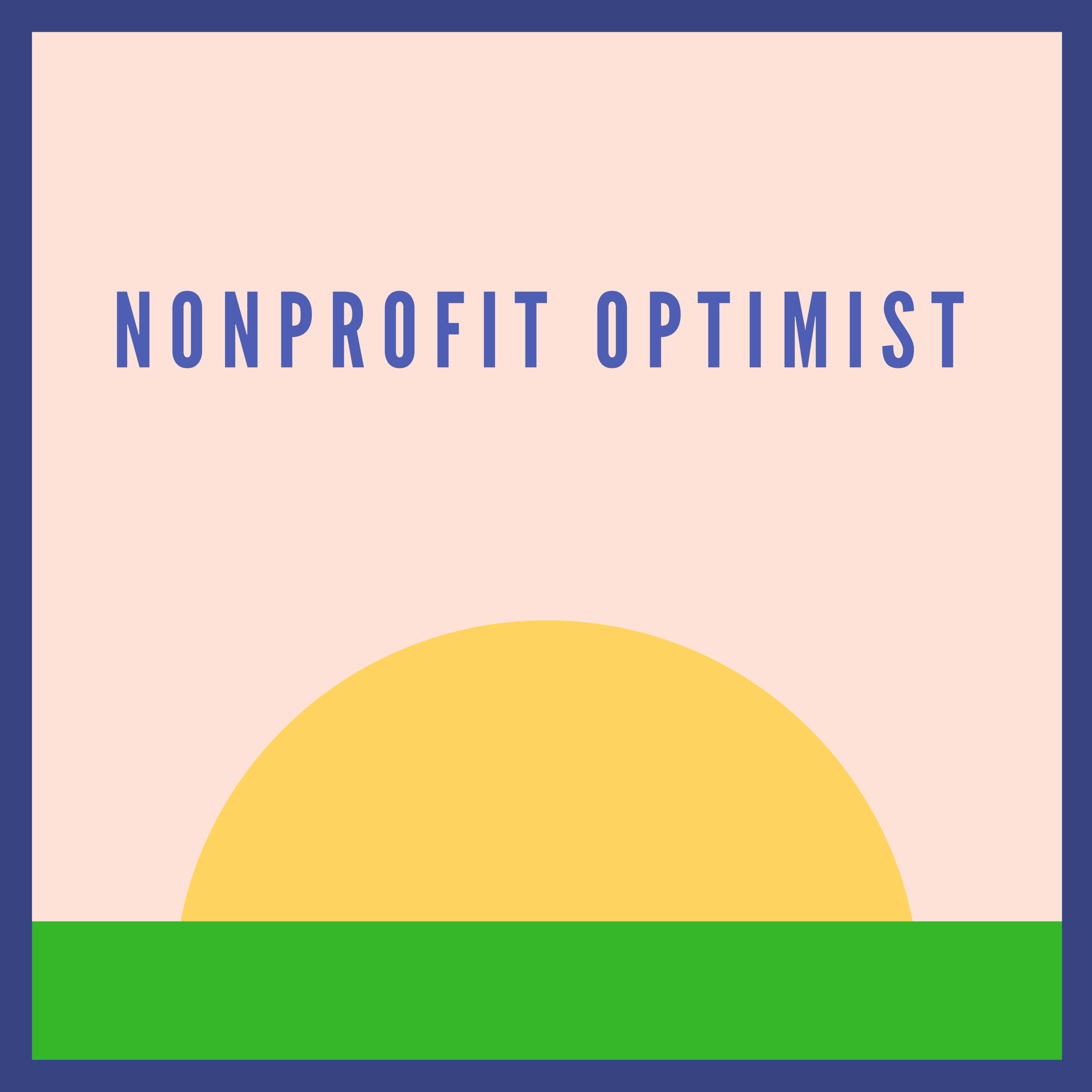NPO 020: Anoop Jain (Sanitation & Health Rights in India)
Today's Guest: Anoop Jain
Anoop Jain is the co-founder and U.S. director of Sanitation and Health Rights in India (SHRI). SHRI was founded in 2011 to alleviate India's sanitation crisis. As an organization, SHRI believes that all humans deserve to live a life dignified by improved access to toilets. Anoop graduated from Northwestern University in 2009 with a degree in Environmental Engineering. After working as an engineer for a year, he quit his job after raising $30,000 to build a community soup kitchen for Tibetan Refugees in northern India. It was then, in the summer of 2010, that Anoop realized the importance of improved public health as a means of empowerment. He continued working in rural India before ending up in the state of Bihar, where SHRI was born. To acquire the requisite skills to work in the public health field, Anoop pursued an MPH from Tulane School of Public Health and Tropical Medicine, and graduated from there in May 2013. He is now working toward his PhD at UC Berkeley's School of Public Health.
Nonprofit Spotlight: Sanitation & Health Rights in India
Sanitation and Health Rights in India (SHRI) believes that all men, women, and children deserve to live a life dignified by access to improved sanitation. SHRI builds community blocks of toilets that are easily accessible to the 650 million Indians who currently live without a toilet. This work is sustained by harnessing methane gas found in human waste to generate electricity, which is then used to power a water filtration system.
Lessons Learned:
Anoop's experience differs from most guests on the Nonprofit optimist. In this episode, the moments that highlight that most are the following:
1. SHRI doesn't place a strong emphasis on volunteers... in fact, it doesn't even really have volunteering opportunities. SHRI's believes that if there is work that needs to be done, it deserves to be compensated. SHRI has 40 employees, which is far larger than the other organizations featured, but their model challenges the rest of us to think about our employment practices.
Has your organization asked these questions recently?
- What do we ask of our volunteers?
- Do we encourage involvement from the community we serve?
- How does our volunteer expectations match up against our organization's mission and philosophy?
- Why do we rely on volunteers? Should we shift this practice?
2. Funding: SHRI has sought larger grants and funding rather than focusing on smaller individual donations. This has allowed them to scale more quickly, but has also garnered great attention and led to additional opportunities.
3. Sustainability: We shouldn't be expected to become completely self-sustaining, if our goal is to work with the poorest of the poor. They have created opportunities through the water filtration system to gain some income, but have also been able to find funding sources in the government.
4. Why do you do this work? We need better answers than just "to help people." What about your work fuels you? Why do you believe in it? What do you get out of it? Honestly answering these questions does not detract from the great work that is getting done, but it does provide the proper lens to view it.
Story of Good: From manual laborer to plant manager
Anoop shared the story of one of the original construction workers who created their first block of toilets in 2014. At the end of the project, he asked for a job and since he had done such a good and reliable job, SHRI hired him as a data analyst. He learned new skills and faithfully counted and recorded the use of the toilets. Again, he approached SHRI and told them that he wanted to do more. This time, he became the water facilitation plant manager! A perfect reminder of what's possible when we engage with those around us and trust their abilities.




